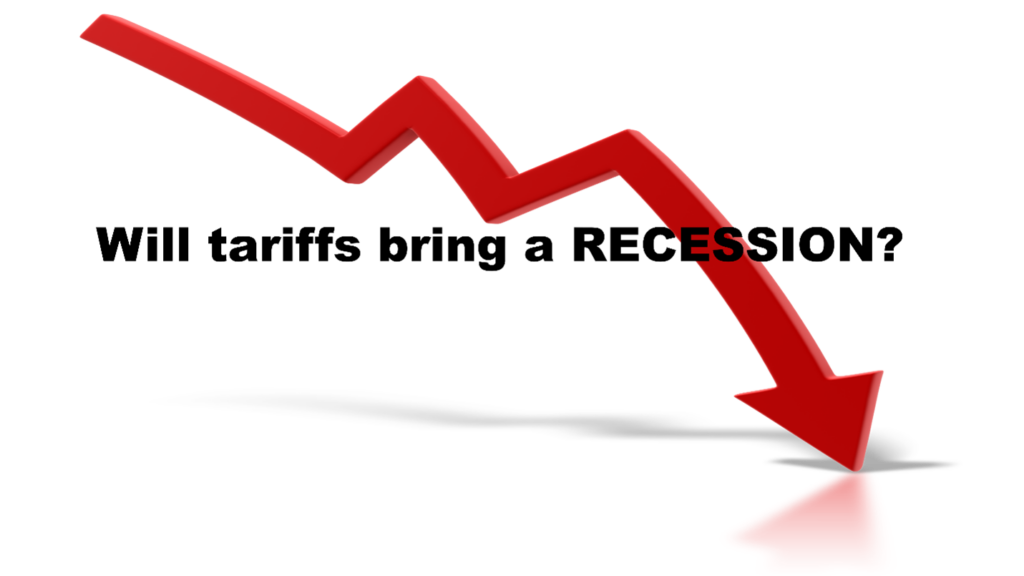If tariffs of up to 25% on Chinese imports are enacted, consumer prices will rise, leading to inflation and reduced spending. Consumers may turn to credit cards, increasing debt. AIB prices may remain stable since higher-end models are produced outside of China, but components like motherboards and power supplies, still made in China, could see cost hikes. Short-term demand spikes might precede longer-term sales drops. Data center demand is expected to stay robust through 2025 but could decline with a tariff-driven recession. Global trade tensions could further strain the economy, making 2026 challenging without policy compromises.

If, if, the tariffs threatened by the incoming Trump administration are enacted, prices on products made in China and shipped to the US will be up to 25% more expensive (or higher). A sudden rise in consumer prices without an increase in wages creates inflation, and consumers pull back on their spending. Consumers will slow or stop spending if the tariffs go into effect by mid-2025. Those who do buy will likely use credit cards to pay, and credit card debt will rise.
But, any price increase for AIBs will not be attributed to tariffs. While low-end AIBs are still manufactured in China, midrange and high-end AIBs with higher price points and profit margins are primarily produced in Singapore, Taiwan, and Vietnam.
Power supplies and many motherboards are still built in China, although the supply chain participants are moving to other countries as quickly as possible. Labor, power, logistics, and, yes, politics, are the obstacles in the transfer.
An additional reaction to the possible forthcoming tariffs is that some consumers may accelerate their purchase plans for price protection. Any spike seen in the next three quarters will result in a similar drop in the following quarters.
The data center will not be affected. The backlog of orders for AI processors is strong and likely to continue through all of 2025 and into the first half of 2026. Then, if there is a tariff-driven recession, the hyperscalers and other AI implementers will hold off on high-ticket capital expenditures. In mid-2025, we expect to see a shift to more client-side AI inferencing, mostly on mobile devices.
China and other countries’s reactions to the tariffs will also impact the sales of US products in foreign countries, further aggravating recessionary effects. Without common sense compromises, 2026 could be a very sad year. The prospects for common sense have never been lower.